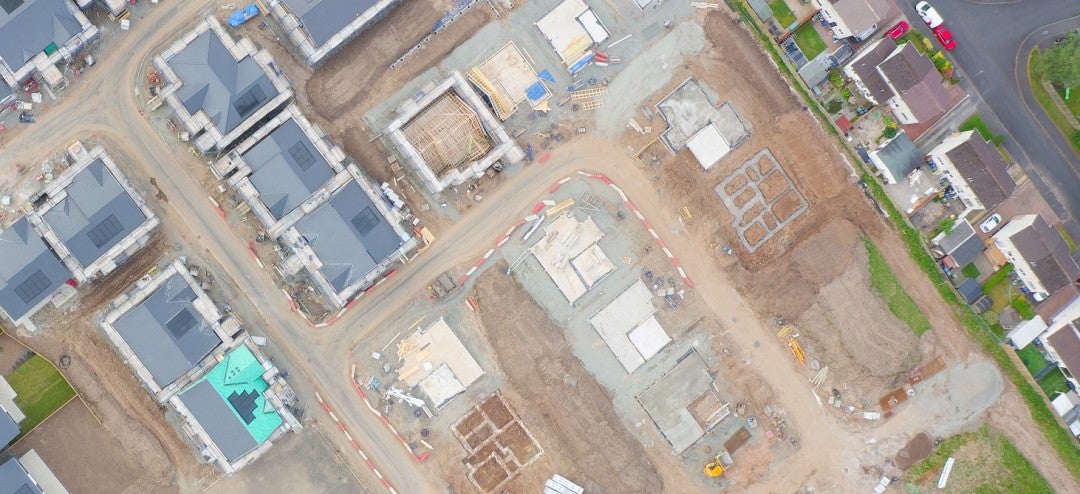The Urban Edge is launching a special editorial series, Housing Foundations, to explain the policies, systems and history behind the housing challenges facing Houston and other large metropolitan areas. Sign up to receive new posts in your inbox.
Large, fast-growing and diverse, Houston provides a compelling site to study the public and private forces that make the housing system tick.
Consider this: The Houston metropolitan area knows how to build homes. It is consistently among nation’s leaders in permitting new housing. It’s also hailed as a national model for reducing homelessness. At the same time, it is the second-worst metro area in the country for providing affordable units for those earning very low incomes.
Clearly, Houston is not immune to the market pressures, policy shifts and demographic changes that impact affordability across the country. But if there was ever a city that had a clear “advantage” to confronting its housing challenges, it’s ours.
While the situation for low-income renters has long been dire, the problems facing homeownership have sharpened public attention on housing policy. In 2024, the Kinder Institute’s State of Housing report found that a household earning $100,000 a year cannot afford a median-priced home in a majority of Harris County neighborhoods. That same report found that since 2018, the affordability gap between housing prices and buying power has increased 275% in Harris County and 54% in Houston. These increases translate to ever-higher barriers to one of the most significant ways families build intergenerational wealth.
At the same time, renting is increasingly untenable. In Harris County, rent increases have outpaced wage growth since 2015, and according to our 2023 State of Housing report, a majority of renter households are cost burdened, spending more than 30% of their income on housing.
Recognizing these challenges, Texas lawmakers are taking on housing affordability as a legislative priority this year. Over 100 bills have been filed addressing housing and landlords, according to a Houston Chronicle analysis, including legislation addressing tax credits, workforce housing and land use.
With conversations surrounding affordable housing increasing in volume and complexity, in the coming weeks and months, the Urban Edge will publish a series of blog posts aimed at grounding our readers in some of the fundamental concepts, programs and institutions one might come across when reading about the region’s housing challenges. We’re calling the series Housing Foundations because collecting and sharing this insight is the first step to understanding how to build a better housing system going forward.
We will begin with a focus on affordable housing. The topics range from concepts like naturally occurring affordable housing to more recent financial and policy instruments like tax increment reinvestment zones and public facilities corporations. We will explore each topic with a focus on Harris County. If there is a topic you are curious about yourself, let us know.
The posts will not be full-fledged studies, but by providing these introductory primers, we hope to foster a shared understanding of the unique factors that make up Houston’s dynamic housing scene and rekindle conversations about how to retain our reputation for big-city affordability while improving livability.
The housing challenges we are experiencing locally are part of a broader national crisis. According to the National Low Income Housing Coalition, nearly 70% of America’s extremely low-income families spend more than half their income on rent. The supply of homes is a critical challenge as well — millions of new housing units need to be built over the coming years, according to estimates.
But if Houston can learn to confront and solve these issues, we can help lead the nation toward a fairer housing system — one that enables a path to prosperity for every household.

